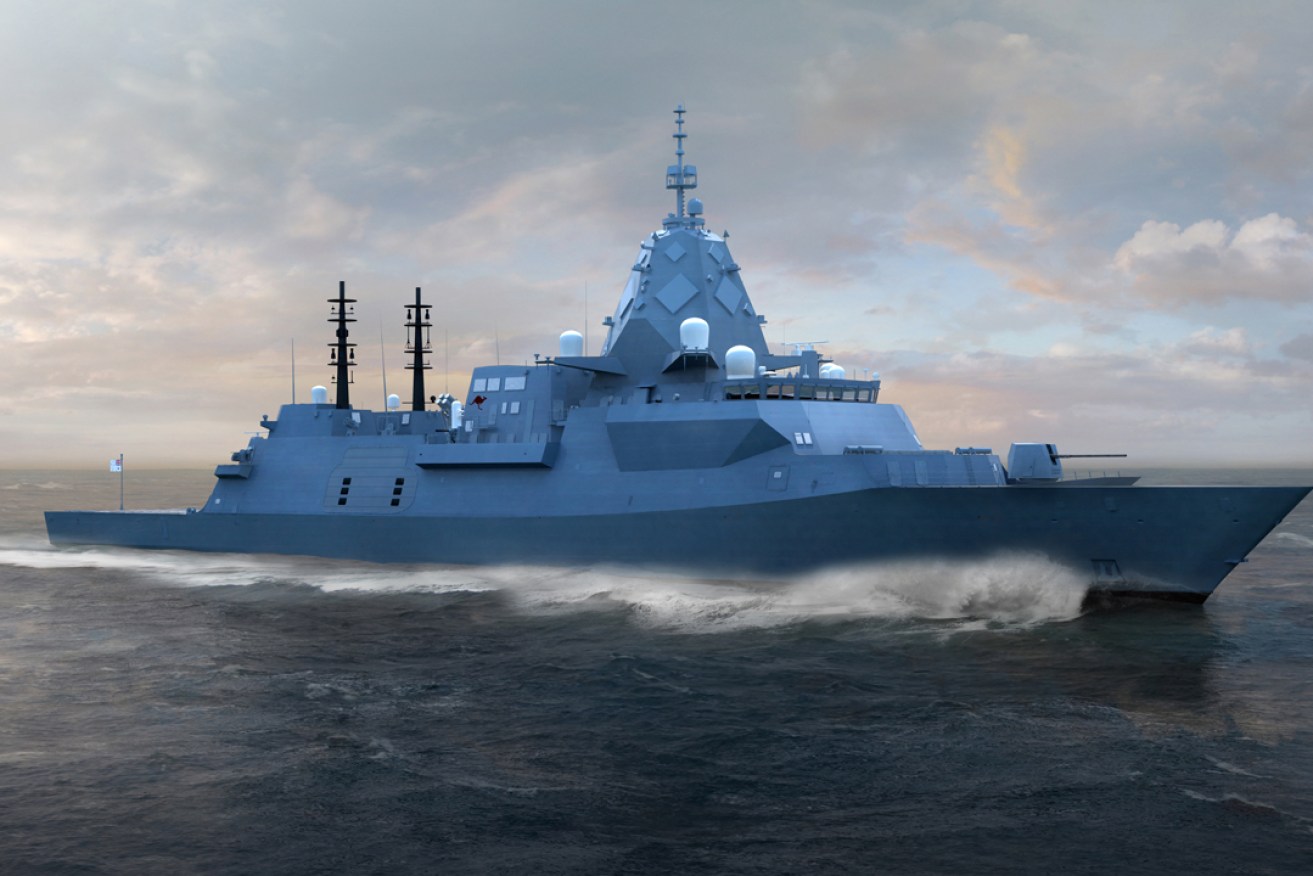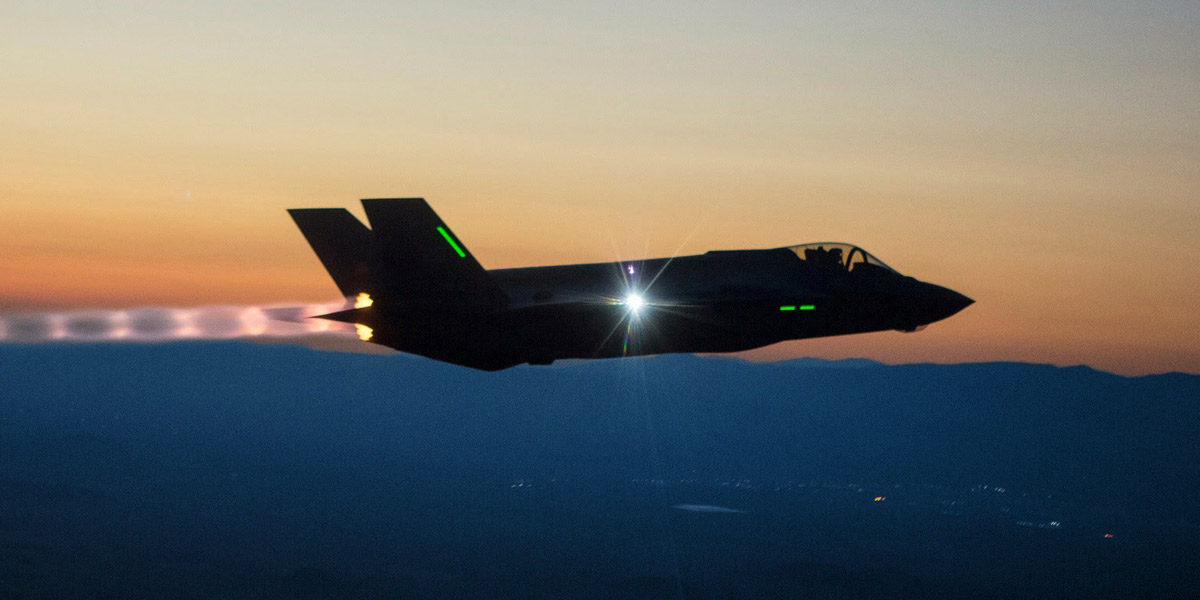SA defence industry on hunt for export contracts
South Australia’s defence companies are still taking on new workers and hunting overseas contracts amid the tumultuous economic upheaval of COVID 19 restrictions.


Hunter Class Frigates to be built at Osborne. Image: BAE Systems
Peak industry body the Defence Teaming Centre has won a federal grant to establish an export hub, while small business funds are enabling two companies to search for extra anti-terrorism and ship component contracts.
DTC chief executive Audra McCarthy said the Teaming for Export Success in Advanced Manufacturing Export Hub would capitalise on defence sector supply chain and export opportunities around the globe.
Target markets include the United Kingdom through the $35 billion Future Frigates program, Germany through the Land 400 armoured fighting vehicles project, and the offshore patrol vessel build.
The export centre had also identified defence and commercial aerospace opportunities in the United States of America.
“Our role is getting companies together and preparing for export markets and we perceived opportunity in those programs,” McCarthy said.
She said local defence companies were currently managing to work in overseas markets but were proceeding cautiously over trade commentary emerging in China and the United States.
United States President Donald Trump recently suggested all Joint Strike Fighter (JSF) work should be pulled back into America.

F-35 Strike Fighter. Photo supplied
At the moment, some Australian companies are currently part of the JSF supply chain including BAE Systems Australia in Adelaide and Levett Engineering, and Australia is buying 72 of the F-35A aircraft by 2023.
“We are watching this with great concern,” McCarthy said.
“But from a South Australian defence perspective it’s business as normal for us.
“The one thing we have to be careful about is not having a knee-jerk reaction to bringing work in-house.”
At Osborne, the state’s multi-billion-dollar frigates and submarine projects are progressing.
ASC Shipbuilding is on track to take over its section of the Osborne shipyard after a $500 million overhaul, with plans to start ramping up staff to 1000 by December for its work on the $35 billion Hunter Class Frigate program.
McCarthy said the Australian Defence Minister Linda Reynolds also “had reached out to (French) President Macron to reinforce his commitment to the subs program”.
French shipbuilder Naval Group, formerly DCNS, was picked to build 12 new Attack Class Submarines in an estimated $80 billion program using an Australian workforce, and focused on Adelaide.
An estimated annual average of around 2800 jobs are expected over the life of the Attack Class Submarine Program with 1100 direct jobs and 1700 in the supply chain.
Despite concerns raised on delays due to COVID-19, the group overseeing the site preparation for submarine construction at Osborne, Australian Naval Infrastructure, is currently recruiting dozens of workers for the job.
MCarthy said in the domestic defence industry market “we’ve seen business speed up for a lot for organisations” but there were still challenges.
“Freight is always a big thing, there are a lot of parts, components, shipped around Australia and internationally in the belly of passenger aircraft,” she said.
When aircraft were grounded, transport costs had increased for chartering flights or moving freight on roads in Australia, with some export delays in switching to ship transport.
McCarthy said there had been welcome action from the Federal Government in ringing forward its defence contract payments to companies to ensure the sector stayed strong.
Defence Global Competitiveness Grants were also recently announced with two SA companies winning funds.
Valley Precise Global in Gillman was awarded $150,000 to push further into United States markets with its specially designed pipe clamps being used by the US Navy.
Fivecast, based in Kent Town and the United States, won $150,000 to pursue more export contracts for its unique risks and threats identification analytics software.
This high-end software created in South Australia is capable of monitoring images, texts and videos to counter violent extremism, fraud and organised crime.
“This funding helps Australian small businesses overcome barriers to accessing export opportunities, and help build their resilience,” national Defence Industry Minister Melissa Price said.
“By supporting the defence export capability of small and innovative Australian businesses, we are growing our defence industry sector.”
Want to comment?
Send us an email, making it clear which story you’re commenting on and including your full name (required for publication) and phone number (only for verification purposes). Please put “Reader views” in the subject.
We’ll publish the best comments in a regular “Reader Views” post. Your comments can be brief, or we can accept up to 350 words, or thereabouts.
This article is supported by the Judith Neilson Institute for Journalism and Ideas.





